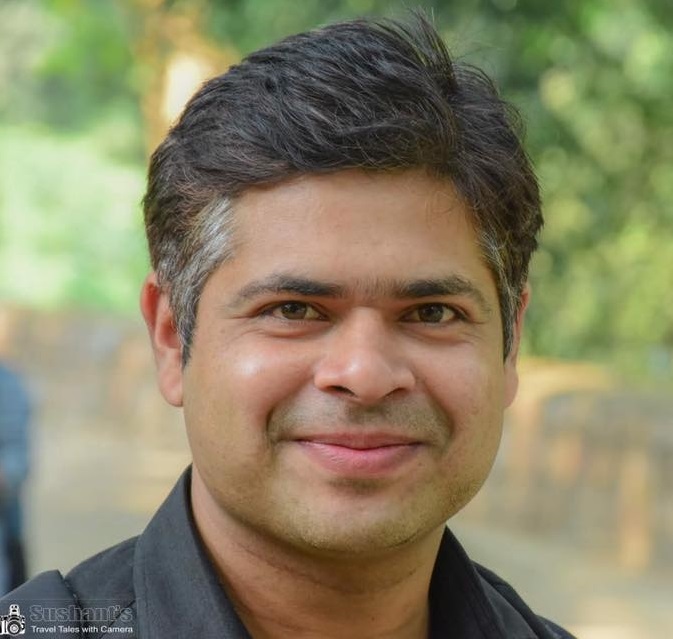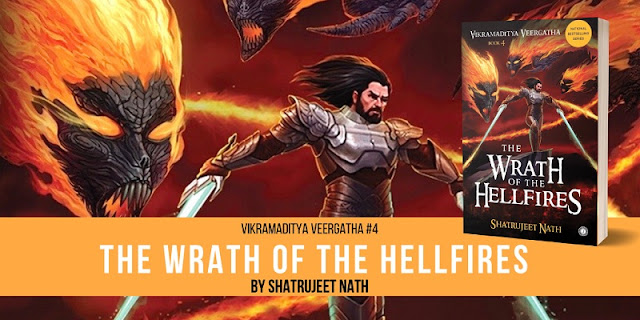Mamman has never touched Baba, at least not as far as I remember.
Sepia Leaves was the first book of Amandeep Sindhu. But it was not the first novel of his that i came across. I was browsing through the book section of The Hindu website when i came across his Roll of Honor, a book set in the aftermath of 1984 Sikh riots. I wanted to buy this book of his and thinking it went to the amazon’s online portal but it was there that i saw that the author had written Sepia Leaves too. And after reading the synopsis, i decided to buy this book and shifted buying to Roll of Honor to a later period of time. And i’m glad that i bought this book first. Sepia Leaves is story of Appu’s life told in flashbacks and present tense. Appu has grown up to be a software engineer at Bangalore. He’s living there with his parents. His life seems to be almost normal but it was not always so. When Appu’s father dies, he comes across through diaries, albums and family letter. Through these letters reader is transported to the times when Appu was a child and how he had to live in a dysfunctional family where his mother seemed to hate the presence of his father and how he coped as child with his mother’s schizophrenia.
This is the saddest book that i’ve read in this year. The experiences of Appu left me teary eyed sometimes. My knowledge about schizophrenia was limited to the movie that i had watched related to the topic like Fight Club and Woh Lamhe. But author has described in such a detail the life with a person suffering from this disease- their mood swings, the beliefs that they tend to form .
‘I never knew how Mamman would behave in any given situation. Mamman was two Mammans. Once i entered the kitchen and Mamman was shouting swear words at the top of her voice. When i asked for food, she picked up the daal and poured it down the drain. This was angry Mamman. When I came home the next day, she burnt some half-burnt puris and kept piling my plate with them even though i was full. She was very calm, as if she didn’t hear my repeated refusal. I threw the puris out of the window. That was the over-loving Mamman.’
Nothing was normal in our house. Food was cooked on a need-to-eat and clothes washed on a need-to-wear basis. Now Mando was supposed to change all that; she was to bring some order into our lives.
She was standing up now, her hair still loose, and her eyes demonic. ‘Aa saale, I will teach you,’ she brandished a pair of scissors. They gleamed in the dark as she moved and thurst them towards us.
Baba immediately pushed me behind him.
‘Dimag kharab ho gya hai?(Have you gone, mad)’ What’s this? What are you doing?’
‘My son?’ she was surprised.
‘Yes, hit me, but what is his fault?’
‘My son is in Punjab,kanjra. You have abducted me,’ she was angry.
‘He’s your son. Can’t you see?’ Baba brought me out from behind him.
‘Yes i’ll kill you.’ She smacked her lips. ‘Some day, I shall kill you.’
‘Appu didn’t even want to come in. I sent him here.’
‘My sent me didn’t want to see me? All your planning. Why would my son not want to see me?’ She put the scissors on the bed and came and held me.
These and many other conversations are interspersed in the book which describe how can a life be with a person suffering from schizophrenia Then there’s another aspect to this which is how usually people tend to look at the person who is suffering from this disease. Appu’s relatives from the mother’s side kept denying that there was any thing wrong with his mother and relatives from his father’s side felt that she behaved this way because his father was too soft and didn’t knew how to handle women. This shows the way people often deal with such issues either they try to deny it, or subscribe the behavior on other reasons or seclusion. The another aspect of this is how the family that has to live with the person bears it. More often than not he was shown pity which he hated and he knew that people kept talking about them. This turns him into an introvert person, who didn’t like to talk about himself and was embarrassed to talk about his family. The social stigma that it brings also affects him in a negative way. And when you’ll read the book you’ll be able to personally feel it.
The book has three main characters: Appu, Manjeet (Appu’s mother) and Yashpal (Appu’s father). In the whole book Appu’s father’s character was what i liked most. He appeared to be passive and to Appu he seemed a coward but he had a strength which Appu is able to recognize in the end. He was by his wife’s side when every one wanted him to institutionalize her or even leave. He was always patient with his son. I admired him through out the book.
At the end i would say this is a beautiful book, albeit has lot of sadness in it. It sheds light on the people suffering from schizophrenia and the issues that are faced by these people and their relatives. Also it gives a lesson that no matter how hard the life is, the world is beautiful place and would continue to be. At the end of this i’d would like to quote what Appu’s father tell’s Appu:
‘Be ready to help other’s, and be prepared to ask for other’s help when you need it.’
‘Why do you say that?’ It was beginning to make sense, though not fully.
‘Because the world is still a good place. There are problems. We all have problems. Still, you’ll never be lonely.’ He patted my head.
‘One day you will grow up to be a fine man. Don’t let disappointments affect you. Trust the world.’
I found the book engaging. I would like you to read it. If you want the book you can get it at the following links:




